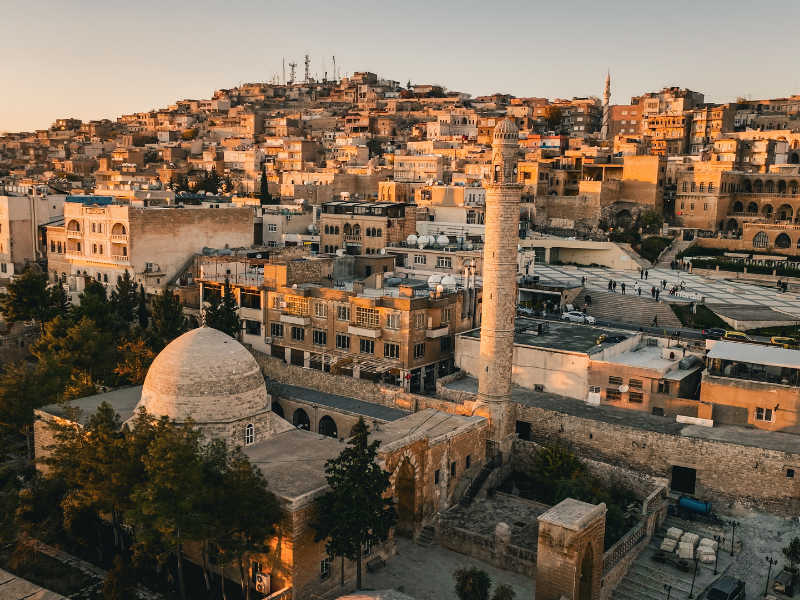Out in the Open: How Middle Eastern Nations Legally Discriminate Against Christians

Several nations in the Middle East openly and legally condone the discrimination and persecution of Christians within their borders.
Despite being the birthplace of Christianity, believers living in the region are often left with two choices: leave their homes or learn to live as targets of intolerance.
Iran, Saudi Arabia, Turkey, and Yemen, each of which are composed of a Muslim-majority, persecute Christ followers. And these are only some of the countries in the Middle East that are known abusers of religious freedom.
In Iran, Christians are regularly imprisoned for their faith. It’s also illegal for Christians to speak to Muslims about Christ, and owning a Bible in Farsi, the official language of Iran, is prohibited.
Similarly, in Saudi Arabia, it’s illegal to hand out Bibles or leave Islam for another religion. And the 2007 Anti-Cybercrime Law and the 2017 Counterterrorism Law make disagreeing with Sharia Islam a crime of terrorism and disrupting “public order.”
Turkey is home to Antakya, also known as the modern-day Antioch. According to Acts 11:25-26, it was in Antioch that Christ followers were first known as Christians: “So, Barnabas went to Tarsus to look for Saul, and when he had found him, he brought him to Antioch. For a whole year, they met with the church and taught a great many people. And in Antioch the disciples were first called Christians.”
Despite Turkey’s deep Biblical history, Christian persecution within the Muslim-majority nation continues to rise. This is due, in part, to various Turkish laws, which make allowances for Christians to be treated unfairly.
Under Turkey’s N-82 and G-87 security codes, which are used to determine whether an individual is a “threat to public order and security,” many Christian workers have been targeted. They’ve been falsely accused of being national safety threats and have either been banned from entering or deported from the country.
According to the Alliance Defending Freedom (ADF) International, “in recent years, the [Turkish] government has been specifically targeting foreign Christian workers despite their lawful and often decades-long residence in Turkey.” The group stated that Turkish authorities are “wielding these codes to prevent missionary activity in the country.”
In addition to the security codes, Turkish authorities may also utilize the nation’s blasphemy law, specifically article 216(3) of the penal code, to punish religious minorities. The code effectively allows officials to penalize a person who “openly insults the religious values of a section of the public” with jail time. According to the United States Commission on International Religious Freedom (USCIRF), the law is often used to punish political opponents and those who are “perceived to have insulted or mocked Islam.”
In Yemen, leaving Islam is illegal and punishable by death. Christian converts are forced to practice their faith in secret and are reportedly harassed and targeted by Houthis because of their conversion. According to Open Doors UK, “public expression of Christian beliefs, possession of Christian literature or even displaying Christian symbols can result in imprisonment, physical violence or death.”
In July of 2025, Sen. Josh Hawley, R-Mo., introduced a resolution denouncing “the persecution of Christians in Muslim-majority countries.” In the resolution, several Middle East nations are mentioned, including the four named in this report.
“In Yemen, Houthis continue to harass, detain, and torture Christians, particularly those who converted from Islam,” the resolution states. “In Turkey, missionaries are forced out of the country on false charges of national security concerns … in Iran, Christians are regularly arrested and forced into Evin Prison, which is one of the worst prisons in the world … [and] in Saudi Arabia, Christians are not able to worship in or establish public churches.”
Story by Lynn Arias
To read more news stories, visit the ICC Newsroom. For interviews, please email [email protected]. To support ICC’s work around the world, please give to our Where Most Needed Fund.
